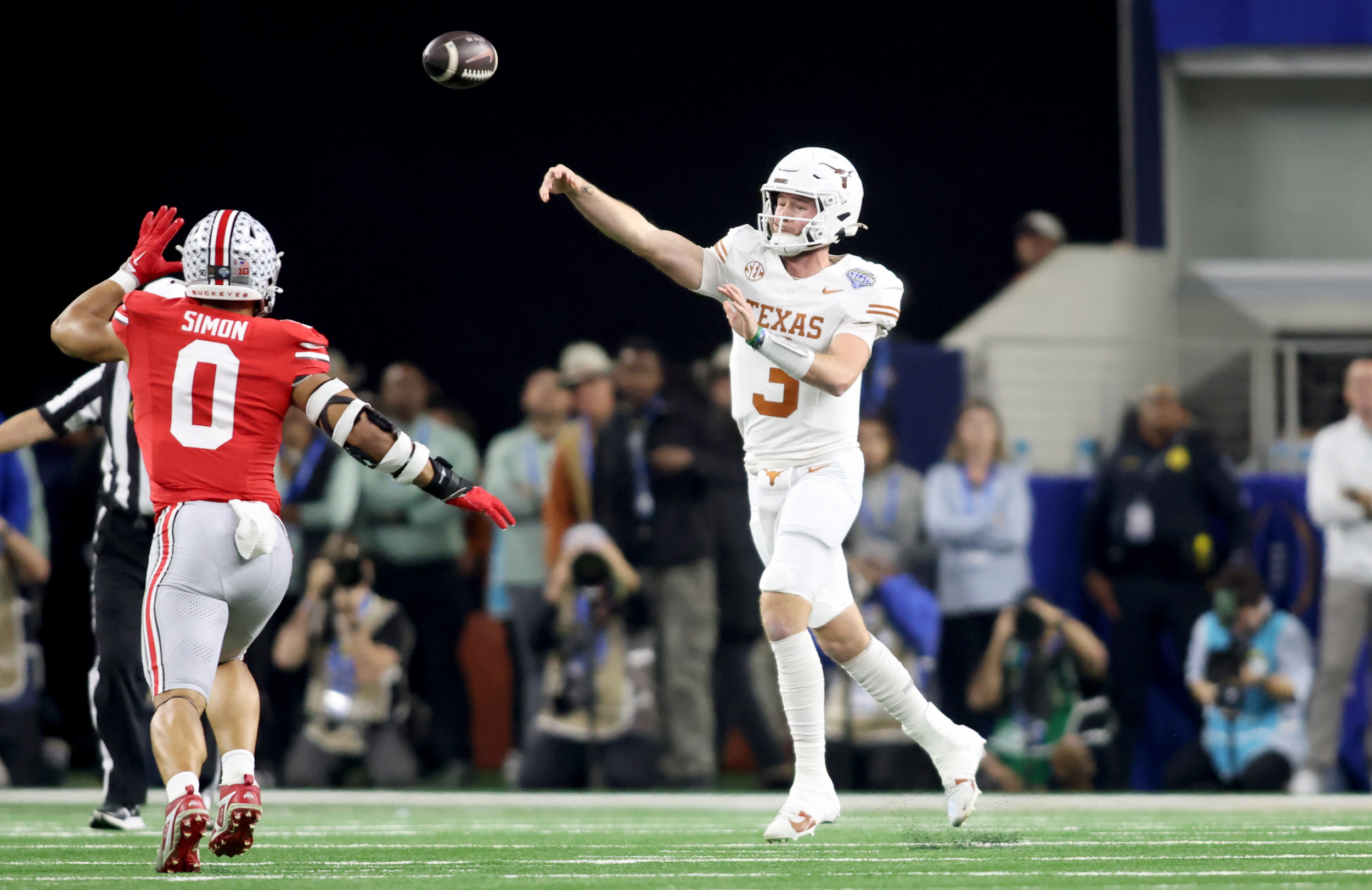Democratic Representative Elissa Slotkin and former GOP Representative Mike Rogers are fighting to win Michigan's Senate race.
The race has always been viewed as a toss-up, as the state is roughly evenly divided between Democrats and Republicans and has swung between the two parties in the past few election cycles. Polls gave Slotkin a modest lead but still showed the race as being competitive.
With 58 percent of votes counted, Rogers was leading Slotkin with 50.5 percent of the vote, according to projections from NBC News.
Slotkin is a centrist Democrat first elected to a Lansing-based district in 2018, while Rogers represented the same district from 2001 to 2015.

In the presidential race, Vice President Kamala Harris and former President Donald Trump have also been locked in a tight race that networks had still not called just after midnight on Wednesday.
Michigan voters in past presidential elections
Michigan is one of three "Blue Wall" states along with Pennsylvania and Wisconsin that are crucial to Democratic presidential victories. Republicans have made gains in rural and industrial areas of the state, while Democrats rely on large margins in Detroit and other cities like Ann Arbor and Grand Rapids for statewide victories.
In 2016, Michigan voted for Trump by 0.2 percentage points, the first time the state had voted Republican since 1988. Four years later, President Joe Biden flipped it back, carrying the state by 2.8 points.
Whoever prevails will replace retiring Senator Debbie Stabenow, a Democrat who was first elected in 2000. She was last up for reelection in 2018, when she defeated John James, now a member of Congress, by 6.5 percentage points.
The other Senate seat is held by Democrat Gary Peters, who defeated James by 1.7 points in 2020. In 2022, Democrats had a strong year in Michigan despite hopes of a "Red Wave" fueled by Biden's unpopularity.
Democratic Governor Gretchen Whitmer won reelection that year by more than 10 points, and Democrats also easily won other statewide offices like attorney general and secretary of state.
What Were the Polling Averages in Michigan?
Polling aggregate by 538 showed Slotkin and Rogers engaged in a tight race. On Election Day, it showed Slotkin leading by 3.6 percentage points. One month earlier, on October 4, Slotkin led by 4.7 points.
RealClearPolitics showed Slotkin with a similar 2.3 point lead in its Election Day polling average.
Forecasters believed both candidates had roughly equal chances of winning. The Cook Political Report classified it as a pure toss-up.
Abortion, Foreign Policy Among Biggest Issues
Reproductive rights emerged as a key issue for voters in Michigan and other battlegrounds after the U.S. Supreme Court overturned Roe v. Wade in 2022.
Although Rogers previously said he opposed abortion rights, he moved to the center on the campaign trail and has not backed a federal abortion ban. He said he would respect the decision made by Michigan voters when they voted to protect abortion rights in 2022.
Slotkin has emphasized reproductive rights throughout her campaign, hoping to use the issue to win over moderate voters.
Foreign policy has also been a major issue in Michigan, home to a sizable concentration of Arab American voters in the Detroit and Dearborn area. Polls suggest these voters have drifted toward Republicans for various reasons, including some culture war issues.
But the conflict between Israel and Hamas, and Israel's Gaza offensive, has been particularly important to many Muslim American voters. Slotkin has supported Israel's right to defend itself but has also been critical over some of its leadership's decisions amid the conflict.




















 English (US) ·
English (US) ·